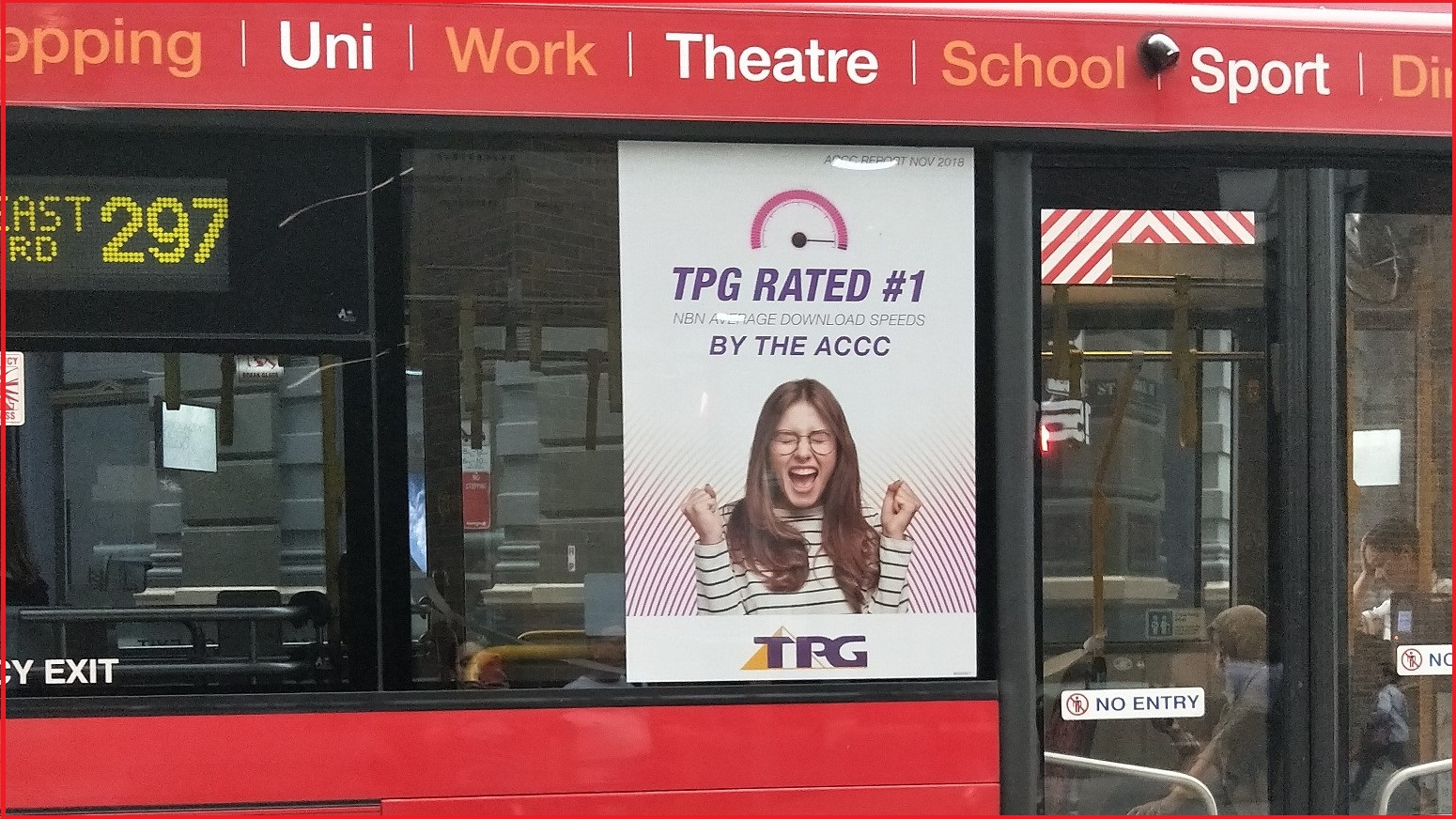The competition watchdog has had its Federal Court challenge against TPG thrown out after a judge ruled the telco had not engaged in “deceptive, misleading or unfair” behaviour over its $20 non-refundable prepayment.
Late last year, the Australian Competition and Consumer Commission (ACCC) instituted court proceedings in the Federal Court against TPG, seeking penalties and compensation for consumers hit with the $20 prepayment over a six year period.
TPG required the $20 prepayment fee from its customers to cover any potential costs outside of what was included in the plan, such as excess data usage and phone calls to 1300 numbers.
The ACCC found that when this balance would fall below $10, TPG would automatically direct debit the customer the amount required to return it to $20. And when a customer cancelled their plan, the remaining prepayment amount was forfeited to TPG, meaning the customer would lose at least $10.
In the case, the ACCC alleged that TPG had engaged in “false or misleading representations” about this prepayment as it was impossible for a customer to use up all of the balance without it being topped up, and it would inevitably be lost to the company.
The Federal Court case focused on whether the term “prepayment” was misleading or deceptive, and whether the automatic forfeiture of the prepayment to TPG was unfair.
The ACCC argued that in advertising the fee as a prepayment, customers believed the full amount could be used for telco services before a plan was cancelled, and in doing so the company had engaged in “misleading or deceptive representations”.
It also claimed that TPG currently holds $16.9 million in forfeited sums from fixed-line plans and $600,000 for mobile plans, and is “effectively leveraging each customer to offset the risk of default by other customers”.
It also said there is a “significant imbalance” in the rights and obligations of TPG and its customers, with customers making a payment for which they receive nothing.
But Judge David O’Callaghan rejected the ACCC’s arguments. He said that the case was too reliant on the specific term of “prepayment”.
“It is artificial to give the single world ‘prepayment’ as much work to do as the ACCC case requires, and the meaning for which it contends is not reasonably open,” O’Callaghan said.
He said that TPG’s terms and conditions on its website and accompanying its plans clearly outlined the conditions of the prepayment.
“In my view, a reasonable and ordinary prospective purchaser of retail mobile, internet and home telephone services would take the time to ascertain the contractual terms of importance to them, including reading the whole of the clause,” O’Callaghan said.
The judge ruled that TPG had not engaged in misleading or deceptive conduct, and that the forfeiture clause is fair under consumer law. The ACCC was ordered to pay for the costs of the proceedings and TPG’s legal fees.
“The court has rejected the ACCC allegations that TPG engaged in misleading or deceptive conduct and entered into contracts with consumers containing an unfair term,” a TPG spokesperson said.
“TPG has always strived to be a competitive force in the market to bring great benefit for consumers in terms of price and value. As part of those efforts, we have always looked for innovative ways to be more efficient.
“We were disappointed that the ACCC decided to bring these proceedings against TPG and are pleased to have been vindicated by the court.”
ACCC chair Rod Sims said the competition watchdog is “carefully considering” the decision.
“The ACCC argued that TPG made false or misleading representations about ‘prepayments’ of $20 made by its prepaid customers, by not disclosing that the automatic top-up effectively meant these customers could not use up all their prepayment before leaving their contract,” Sims said.
“We brought this case because we believed TPG misled its prepaid customers about their ability to use up their full prepayment for services outside their plans, and to obtain a refund of any unused funds when they ended their contract. We will continue to take cases against telco businesses that we consider are making misleading claims about their services.”










